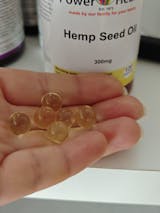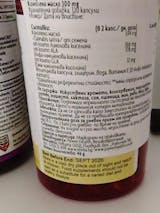Glutathione is a tripeptide (cysteine, glycine, and glutamic acid). Given the high level of metabolic activity required to produce glutathione, such a level highlights its importance.
Glutathione exists in cells in two states: reduced (GSH) and oxidized (GSSG).
The ratio of GSH to GSSG determines the cellular reduction status of cells. Healthy resting cells have a GSH/GSSG ratio of >100, while the ratio drops to 1 to 10 in cells exposed to oxidative stress. Glutathione is also recognized as a thiol buffer, maintaining the sulfhydryl groups of many proteins in their reduced form. Glutathione is produced exclusively in the cytosol and is actively pumped into the mitochondria.
It is difficult to overstate the importance of glutathione. It plays a crucial role in protecting cellular macromolecules from endogenous and exogenous reactive oxygen and nitrogen species. While it directly suppresses some free radicals, perhaps of greater importance is that it deals with the causes of oxidative stress such as mercury.
Glutathione deficiency contributes to oxidative stress, which plays a key role in aging and the pathogenesis of many diseases (including Alzheimer's disease, Parkinson's disease, liver disease, cystic fibrosis, sickle cell anemia, AIDS, stroke, and diabetes). New knowledge about the nutritional regulation of GSH metabolism is crucial for developing effective strategies to improve health and treat these diseases. Perhaps the best indicator of the importance of glutathione is that its cellular and mitochondrial levels are directly related to health and longevity.
Given how important glutathione is to health, many researchers have looked for ways to increase intracellular and intramitochondrial levels. The good news is that there are several effective strategies. The first, of course, is to reduce the need for glutathione, which means reducing the toxic load. The most obvious is to limit alcohol consumption.
Another strategy is to provide other antioxidants to reduce oxidative stress. A good example is alpha-lipoic acid, supplementation of which increases mitochondrial glutathione levels, although ALA is not used in the synthesis or recycling of glutathione.
The obvious strategy is direct administration of glutathione.
Method of use:
- Take 1 capsule daily, preferably on an empty stomach.
- Store in a cool, dry place after opening.















































